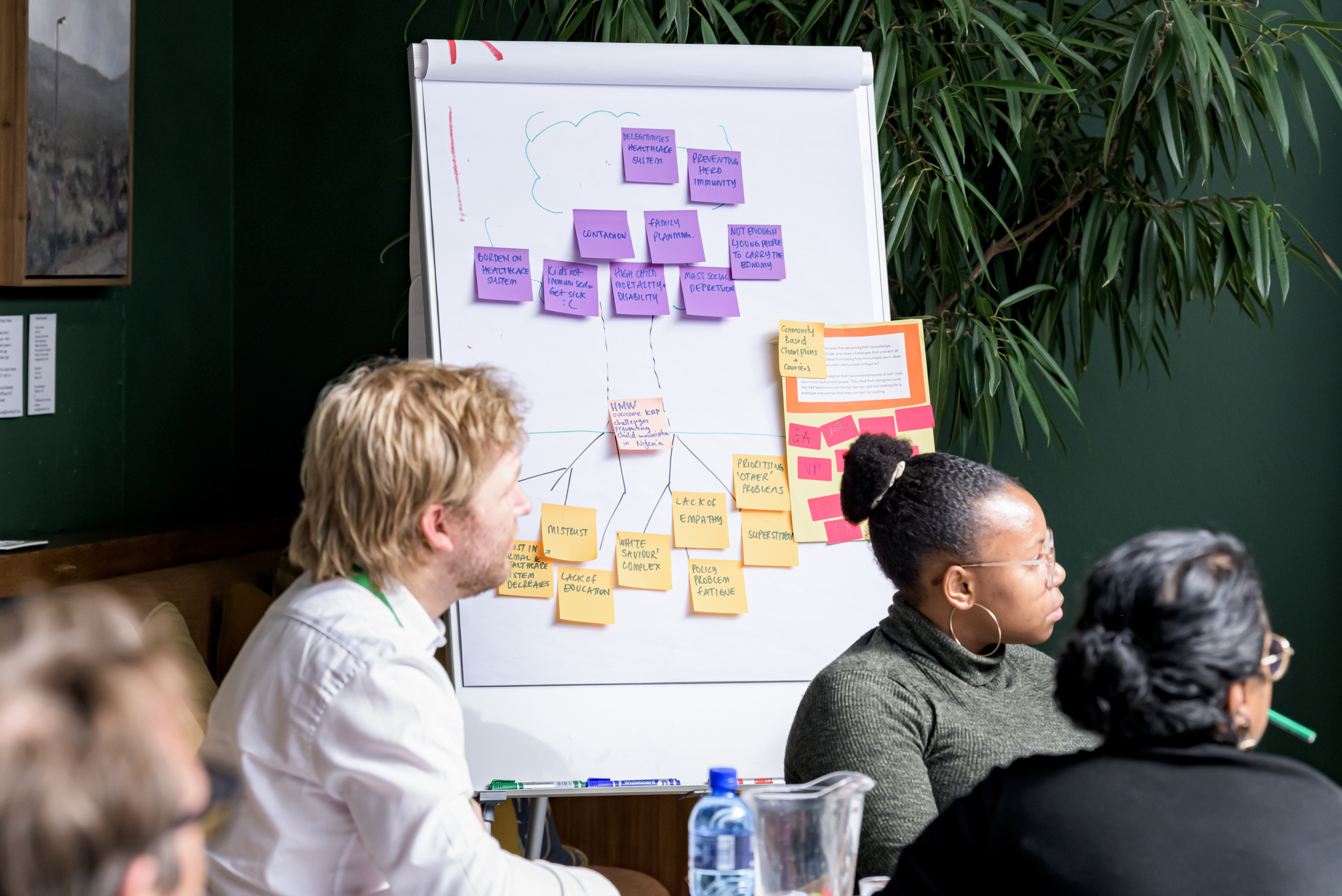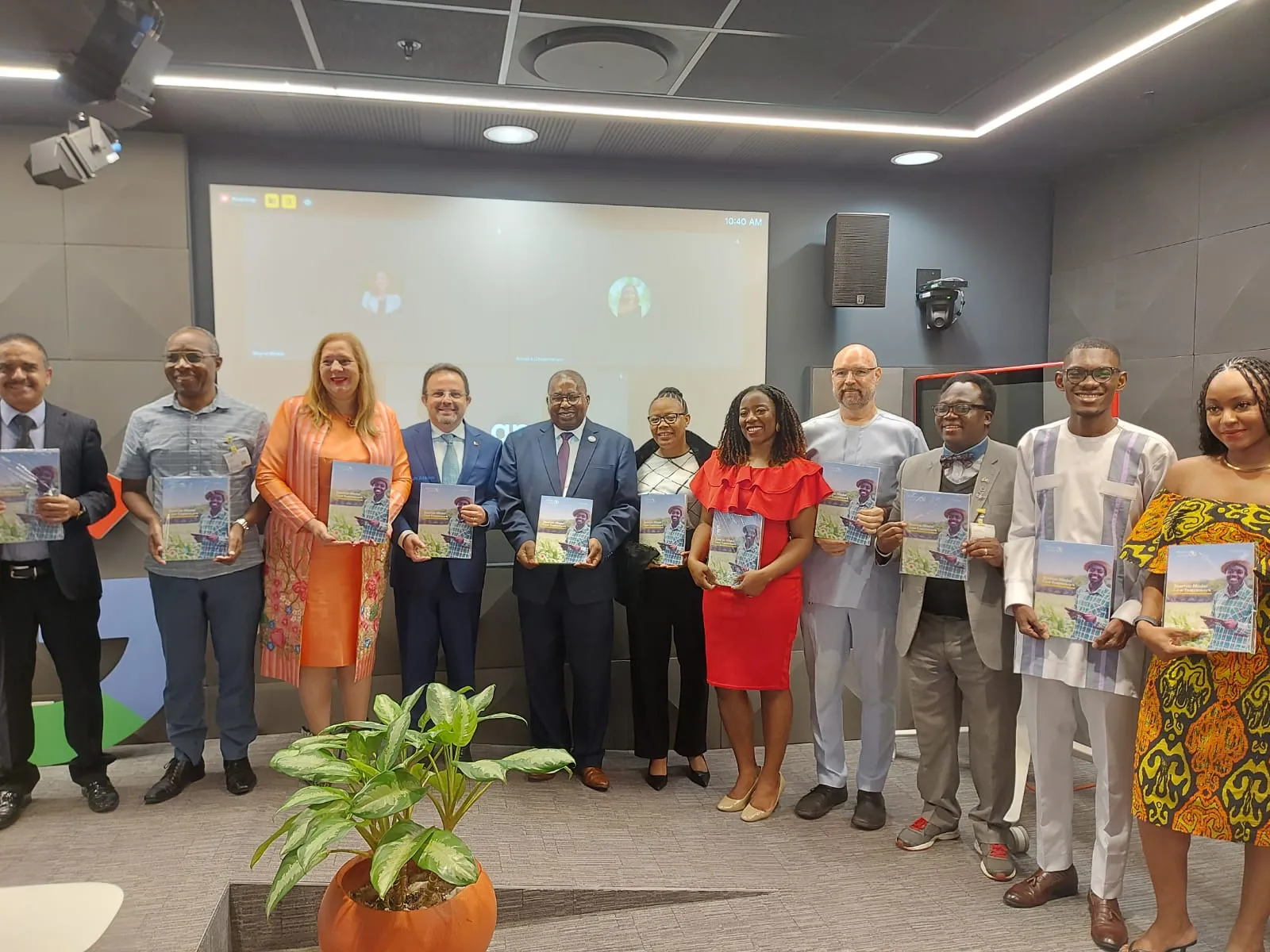Agile Policy Labs to shape Africa’s dynamic future

The Africa Declaration on Artificial Intelligence, adopted by most African states following the inaugural Global AI Summit on Africa, highlights the continent’s aspiration to engage with transformative technologies for development. Yet, realising this potential hinges on significant groundwork, from strengthening Africa’s digital sovereignty through crucial investments in infrastructure and talent, to meticulously developing frameworks for ethical, inclusive, and transparent AI. This journey requires navigating a challenging reality: traditional policy making processes often struggle to keep pace with the sheer complexity and rapid evolution of advanced technologies.
This complexity, particularly surrounding AI, can breed apprehension, leading to policies that default to restrictive regulations, outright prohibitions and intense localisation efforts in the name of security. While aiming for safety, such approaches risk stifling the very innovation needed for progress, creating barriers instead of bridges to development.
The capacity challenge and the time crunch
Recognising this, there is a clear need to empower our policymakers — across the executive, legislative, and judicial branches — with the understanding required to navigate these new frontiers. Over recent months, we have worked with public, private, and academic partners in Nigeria to develop the world’s first Editorial Digital Media and Entertainment Policy Academy. Designed to make policymakers familiar with the evolving intricacies of the sector and explore innovative policy levers required to sculpt a robust and globally competitive ecosystem, it combines ambitious online learning modules with valuable peer-to-peer engagement and structured policy dialogues. It provides vital grounding in complex topics like ethical governance, cultural regulation, IP rights, and taxation.
However, even with such vital initiatives, the traditional model faces a critical constraint: time. Capacity building often needs to occur before policy is drafted, a sequential process that struggles against the exponential clock of technological advancement. We need mechanisms that allow learning, adaptation, and policy design to happen concurrently and swiftly.

Enter Agile Policy Labs: co-creating the future, faster
This is where the power of Agile Policy Labs emerges. Moving beyond the traditional classroom, these labs offer a dynamic, iterative, and collaborative environment designed specifically for navigating uncertainty and rapid change. They embody the “flexible, agile, responsive and future thinking approach to regulation” called for in evolving sectors like the digital economy and AI. Such a policy lab and real-world testing approach allowed us to work with ecosystem stakeholders in Kenya to develop a unique, locally relevant but globally aligned policy approach to safeguarding decent work for platform workers.
What makes them different? Informed by design principles, agile policy labs integrate several crucial functions:
- Exploration & rapid learning: They dive directly into the complexities of an emerging sector, identifying challenges and opportunities in real-time.
- Integrated capacity building: Learning happens through the process of engagement and experimentation, not just preceding it.
- Multi-stakeholder co-creation: They bring together diverse voices – government, industry, academia, civil society, and crucially, those directly impacted (like gig workers or users of AI systems) – to design solutions collaboratively.
- Policy testing & iteration: Perhaps most distinctively, labs allow for testing policy ideas in controlled environments before full-scale implementation. This involves developing scenarios, testing specific policy levers, gathering feedback, and refining the approach based on evidence and stakeholder insights. This iterative process significantly de-risks policymaking.
- Evidence-based design: By incorporating real-world feedback and impact analysis, the resulting policies are more likely to be effective, targeted, and achieve their intended outcomes.

Powering Africa’s policy agendas
For Africa, embracing agile policy labs offers a pathway to translate high-level commitments like the AI Declaration into practical, effective governance at continental, regional, national and agency level. Involving relevant yet not immediate stakeholders, such as general diplomats, parliamentary research offices, or judicial clerks, enables quick, targeted sprints that simultaneously upskill the entire state apparatus, allowing the country to present a unified, informed front in international and national discussions.
How can AI be regulated to ensure it is ethical, inclusive, and drives sustainable development without hindering its potential? How can frameworks address unique continental challenges and opportunities? How do seemingly unrelated policies such as R&D tax incentives, intellectual property law, access to information rules, and cultural protection need to be revised to align with the overarching policy? Agile labs provide the methodology to tackle these questions collaboratively and adaptively without seeking to do everything at the same time.
They allow policymakers to move from reacting to proactively shaping environments conducive to socio-economic progress, creativity, investment, and sustainable development. By combining rapid learning, diverse expertise, and real-world testing, these labs empower nations to design policies that reflect immediate priorities and are truly agile, targeted, and fit for the dynamic future Africa is building.
Proud to be BCorp. We are part of the global movement for an inclusive, equitable, and regenerative economic system. Learn more


